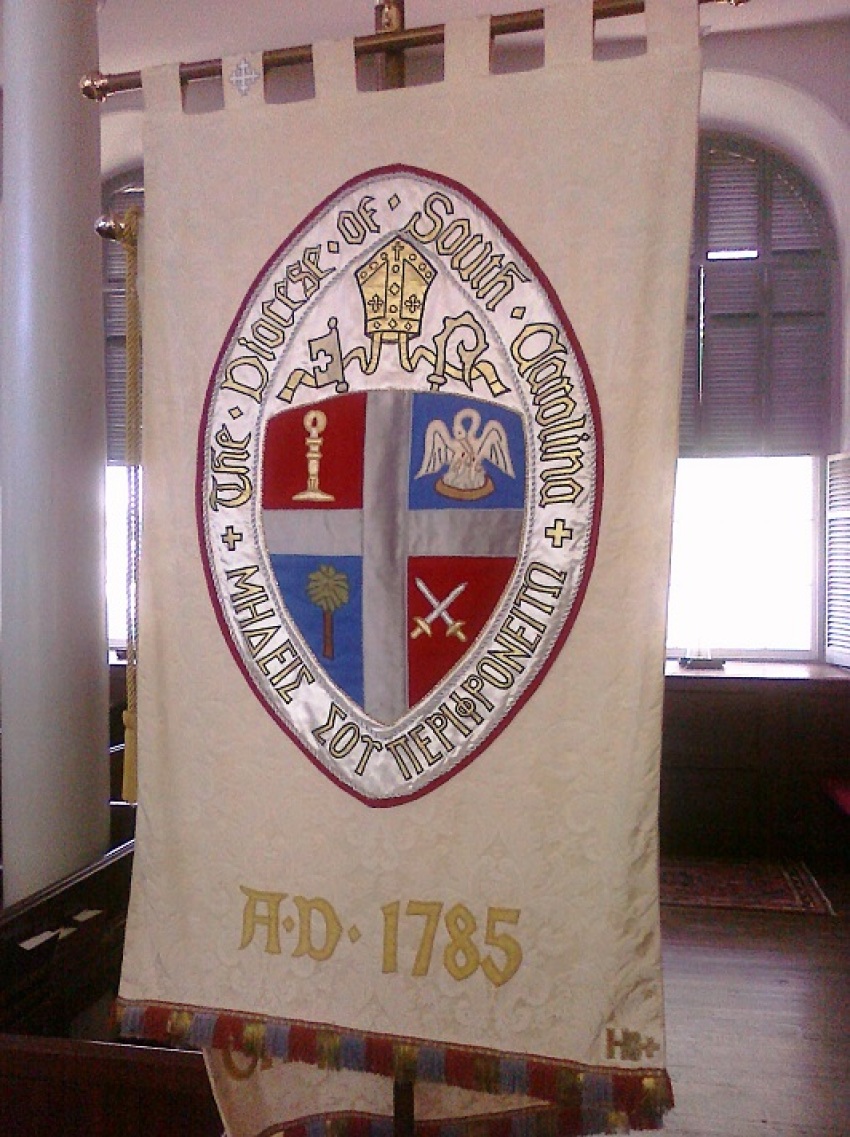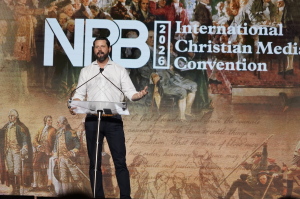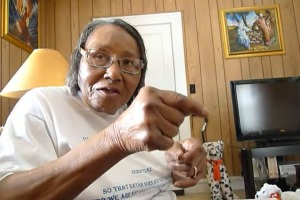Episcopal Church Still Counting Breakaway Diocese in Membership Numbers

When The Episcopal Church recently released its statistics on membership among its dioceses for 2013, the Episcopal Diocese of South Carolina was listed along with the others.
There is one problem, however: the South Carolina Diocese's leadership voted to leave the denomination back in 2012, taking most of the members and congregations with them.
Since 2012, the diocese and the denomination have been fighting a legal battle for ownership of the numerous properties presently held by the breakaway leadership.
The minority within the South Carolina Diocese who wanted to remain with the national denomination are known as The Episcopal Church in South Carolina.
The confusion in the reported numbers remains even when one considers the South Carolina Diocese named in the report to be TECSC.
According to the recently released statistics, by 2013 TECSC reported having approximately 28,000 members. Yet in 2010, the diocese, before its leadership opted to leave the national denomination, reported having about 29,000 members; a very similar total.
Jeff Walton, Anglican Program director with the Institute on Religion and Democracy told The Christian Post that the decision to include the entirety of the breakaway diocese was "baffling."
"The decision of The Episcopal Church in South Carolina to include members and attendees from the departed diocese in their own numbers is baffling," said Walton. "In effect, departing Episcopalians are being told 'you can't leave' when they are already well out the door and no longer within earshot."
In November 2012, the Diocese of South Carolina voted to leave The Episcopal Church due to theological differences and the denomination's treatment of the Rev. Mark Lawrence, bishop of the diocese.
A lawsuit soon ensued between the breakaway diocese and those who remained loyal to the national church body over the diocesan name and property.
The breakaway diocese gained an injunction allowing them to maintain their name and property as the legal process continues, compelling their opponents to rename themselves The Episcopal Church in South Carolina.
The trial was held this summer before Judge Diane Goodstein, with a decision expected sometime this fall.
"TECSC is no doubt seeking to avoid a painful public reporting of their diminished numbers," said Walton of IRD to CP.
"This failure to report accurate membership figures calls into question the trustworthiness of congregational reporting within The Episcopal Church."
Regarding the presence of the diocese on The Episcopal Church statistics, it is likely they were included due to the denomination's policy on diocesan breakaways.
The Episcopal Church does not recognize the right of dioceses to leave the denomination and is fighting a similar legal battle against leadership in the Diocese of Fort Worth in Texas.
As such, the denomination recognizes TECSC as the representative of the diocese and their bishop, the Rev. Charles vonRosenberg, as diocesan head.
Nevertheless, the latest statistics, recently released by The Episcopal Church's Office of Research, continue to reflect a decline in numbers.
Even if one includes the South Carolina Diocese from 2012 to 2013, the denomination lost approximately 27,000 members, putting the total number of members in their domestic dioceses to about 1.866 million.
In 2009, in its domestic dioceses the church body had approximately 2.006 million members, or nearly 200,000 more than in 2013.
"The Episcopal Church continues in free fall, despite assurances that losses would bottom out after traditionalists largely completed their exodus from the denomination," commented Walton.
"The typical Episcopal parish is older, smaller and more vulnerable than ever before."
A representative of The Episcopal Church did not respond to The Christian Post's request for comment by press time.



























